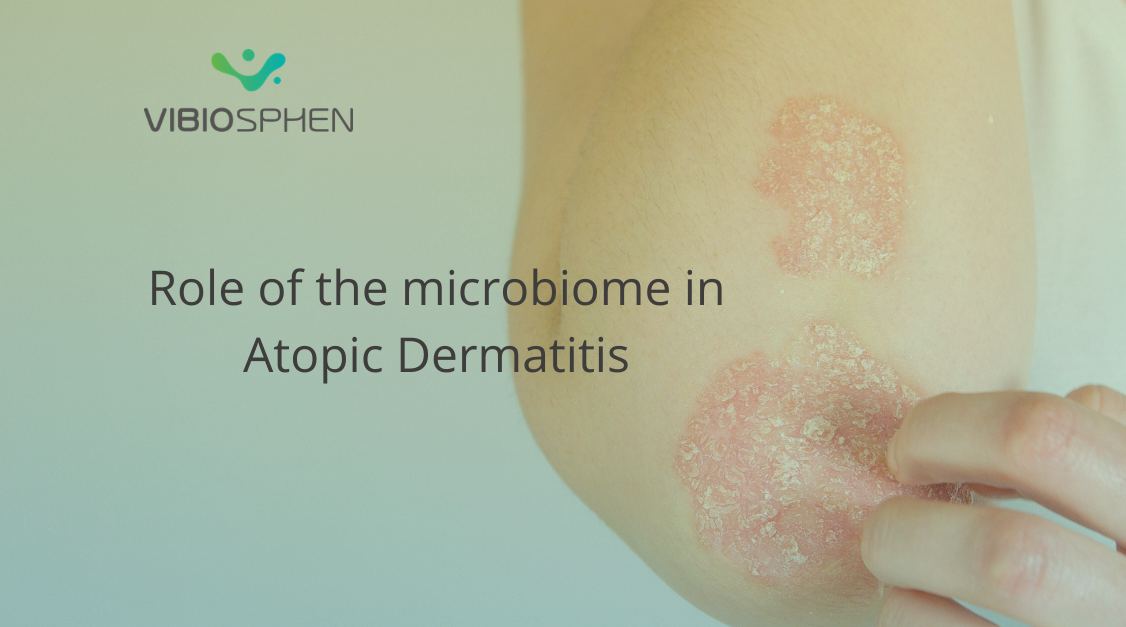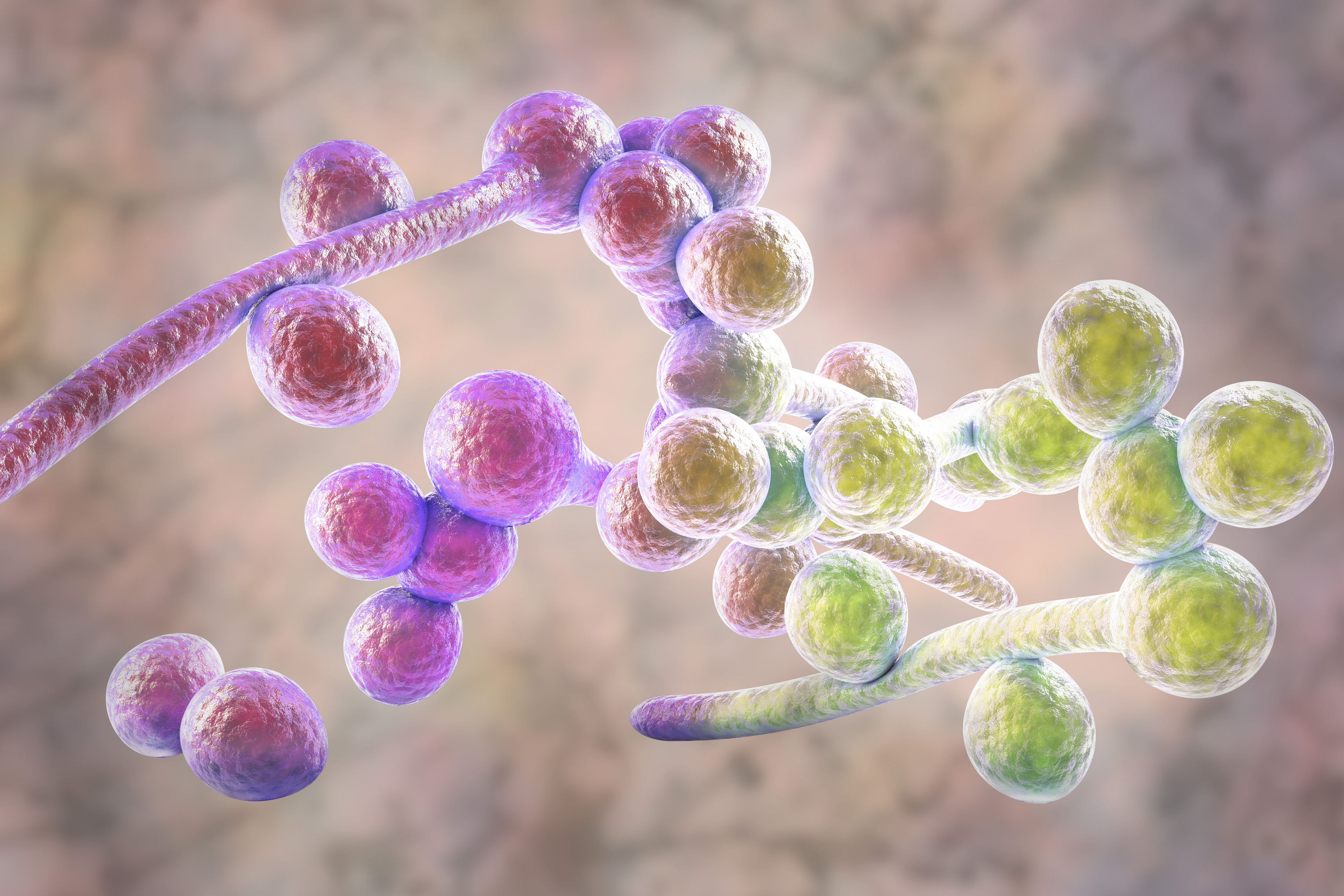Resistance – tolerance – persistence

In the field of antimicrobials and drug development, AMR is now well known, and the problem of the use of antibiotics might not be the only issue.
By zooming in the mechanism that bacteria use to escape the antibiotics, we find three different subgroups – resistance – tolerance – persistence.
Distinguishing these three groups is key in the fight against bacterial infection.
One of the other terms are often misused, since the only criteria is the efficacy of the compound.
Resistance describes the inherited ability of microorganisms to grow at high concentrations of an antibiotic, irrespective of the duration of treatment, and is quantified by the minimum inhibitory concentration (MIC). Molecular mechanisms of resistance include mutations in the drug target, enzymatic activity that directly inactivates the antibiotic and the activation of efflux pumps.
Tolerance describes the ability of microorganisms to survive transient exposure to high concentrations of an antibiotic without a change in the MIC.
In contrast to resistance and tolerance, which are attributes of whole bacterial populations, persistence is the ability of a subpopulation of a clonal bacterial population to survive exposure to high concentrations of an antibiotic.
Introducing another test called Killing kinetics or Minimal duration killing (MDK) is a way to differentiate resistant / tolerant / persistent bacteria. At Vibiosphen, we have designed these tests to be able to work on the properties of compounds in the drug development process.
These different mechanisms that use bacteria to escape the treatment show that in the drug development process we need to adapt our approaches. By understanding these mechanisms, we can identify the pathway to specifically stop resistance or tolerance or persistence. In an highly competitive market, having a lead that can prove efficacy against the 3 types of bacteria in a must.
We will be pleased to discuss about the strategy to test your compound and discover novel properties that give even more value to your compounds.
Catégories
Pagination
- Page 1
- Page suivante
Archives
- février 2026 (1)
- janvier 2026 (2)
- octobre 2025 (1)
- juillet 2025 (1)
- juin 2025 (3)
- mai 2025 (1)
- mars 2025 (1)
- mai 2024 (1)
- avril 2024 (2)
- septembre 2023 (1)
- août 2023 (1)
- mai 2023 (1)
- avril 2023 (2)
- février 2023 (1)
- décembre 2022 (1)
- octobre 2022 (1)
- juin 2022 (1)
- mai 2022 (3)
- avril 2022 (1)
- février 2022 (2)
- janvier 2022 (3)
- décembre 2021 (2)
- novembre 2021 (1)



